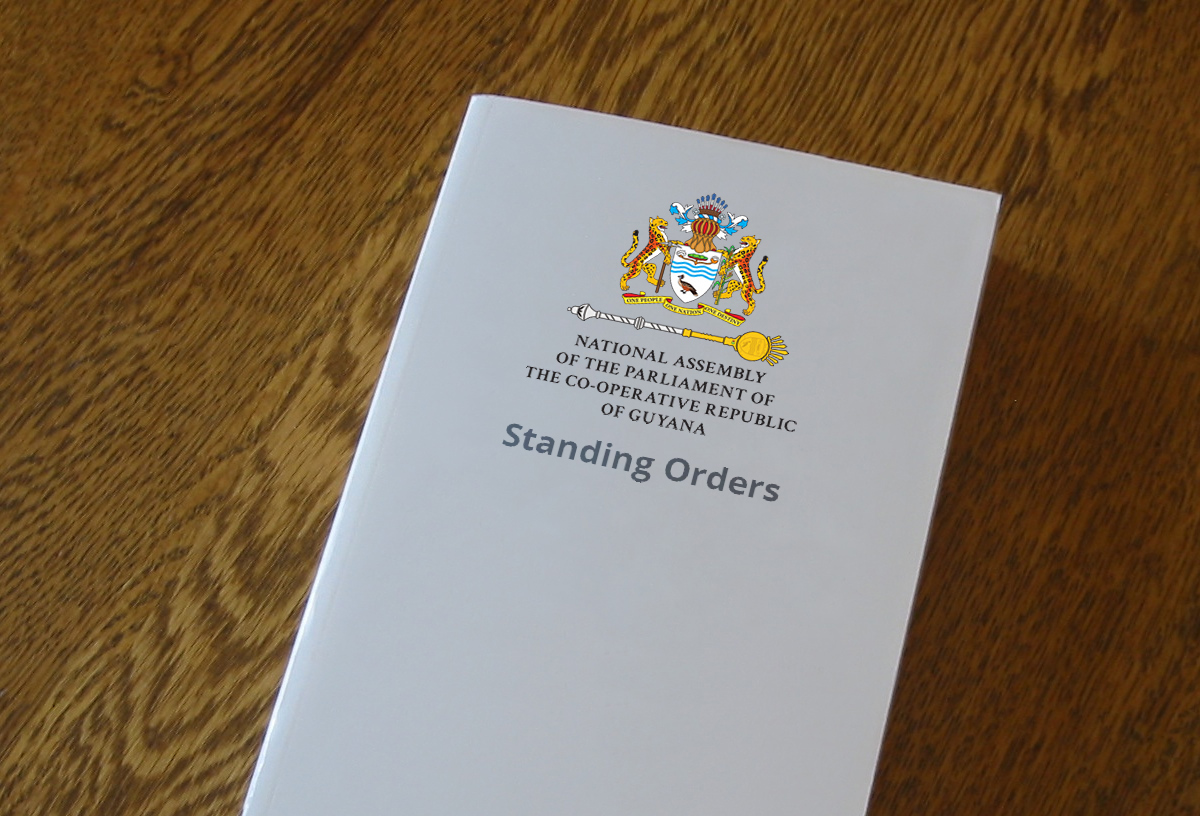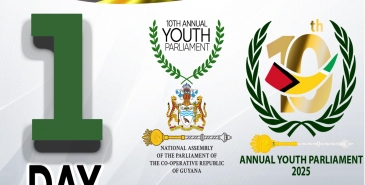
The National Assembly is made up of representatives of elected political parties who sit within the walls of Parliament to represent the interests of the population. To do its work in an efficient, effective and transparent manner, the National Assembly is governed by a set of rules and guidelines known as parliamentary Standing Orders.
These rules and guidelines are captured in a document known as the Standing Orders of the National Assembly. The Standing Orders outline the day-to-day functioning of the Assembly.
The Standing Orders are developed by a Special Select Committee of the National Assembly. They are enforced by the Speaker.
The Standing Orders of the National Assembly guide the following:
Election of the Speaker and Deputy Speaker
Formulation of the Order Paper
Rules of debates
Guidelines for tabling parliamentary Papers, Motions and Bills
Guidance on how questions and debates around those parliamentary Papers, Motions and Bills should be conducted.
Standing Orders also contain rules and guidelines which govern the functioning of Parliamentary Committees. These include: Sectoral Committees, the Public Accounts Committee, Special Select Committees and the Committee of Privileges.
Members of the Assembly have been operating under the same orders since 1969, with a few amendments. The Standing Orders outline procedures for sittings of the Assembly, order of business and introduction of bills, among other matters.
Standing Orders of the National Assembly






